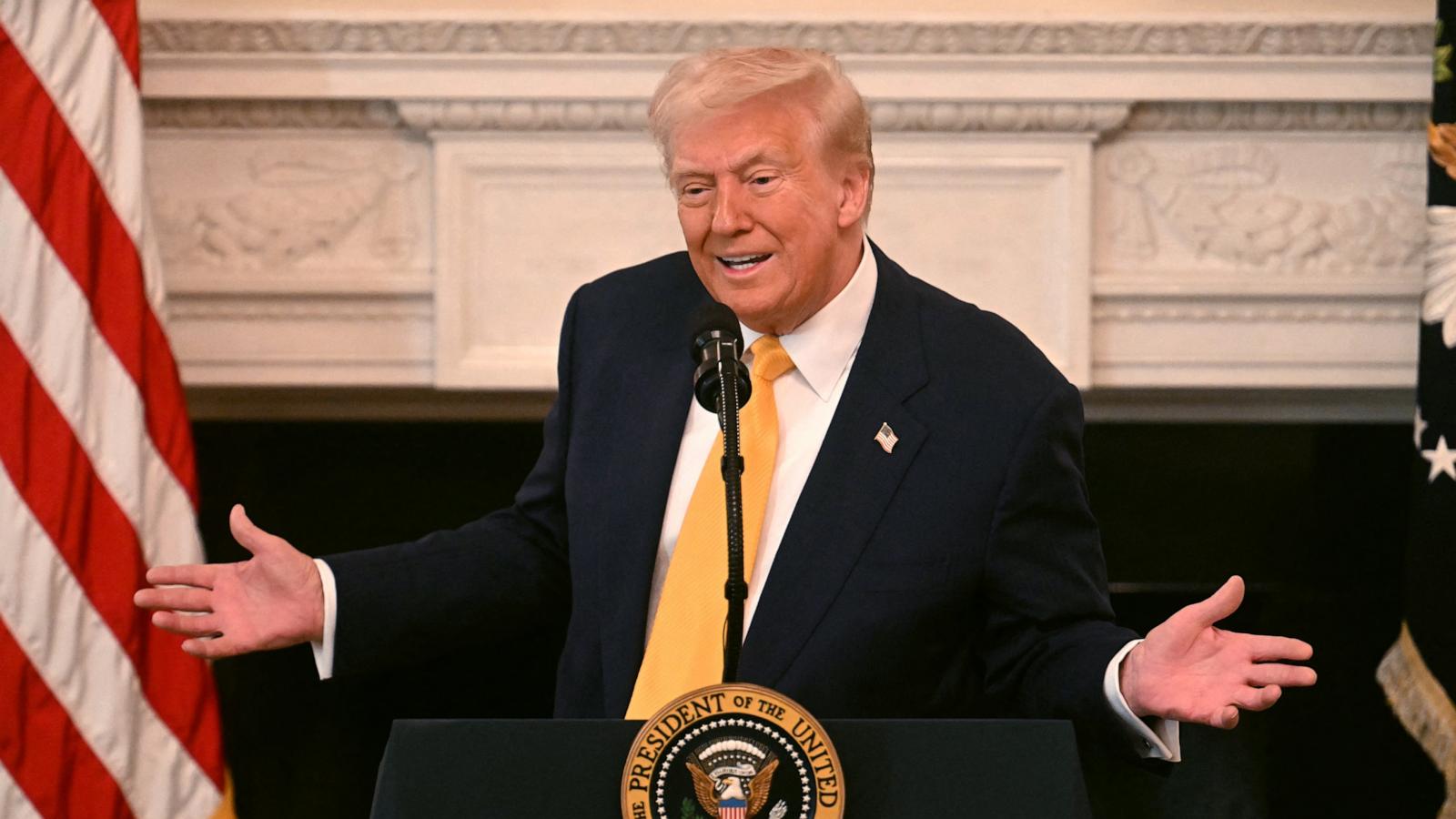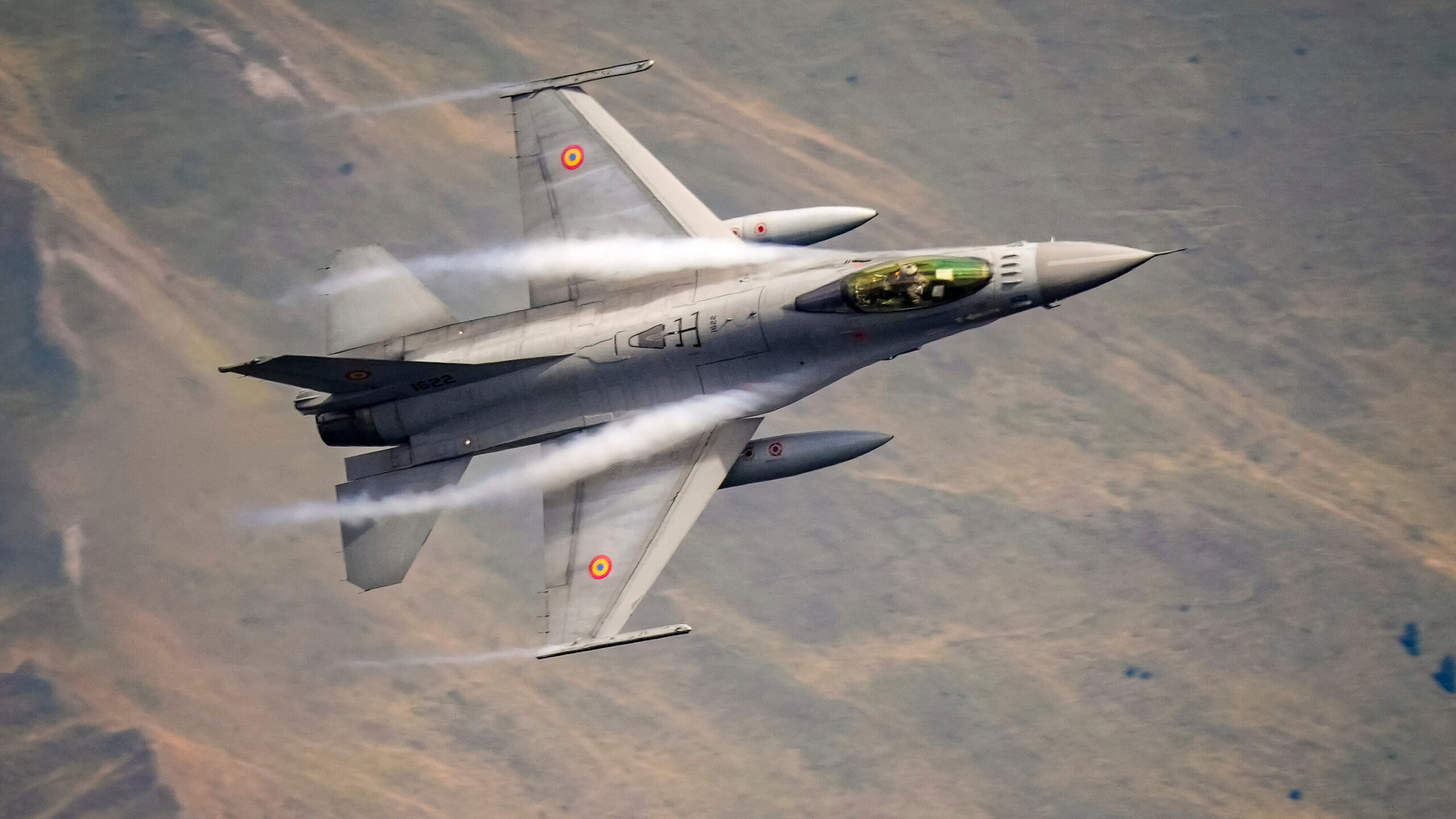On a crisp morning in early 2025, former President Donald Trump made headlines with a bold statement: EU and NATO countries must “stop immediately” purchasing Russian oil. The declaration, delivered with his characteristic flair, sent ripples through global markets and diplomatic circles. As someone who’s followed energy politics for years—once even debating the merits of sanctions over coffee with a friend who worked in oil trading—I can tell you this isn’t just rhetoric. It’s a call that could reshape economies, alliances, and energy policies. Let’s dive into what this means, why it matters, and how it could play out.
Why Trump’s Statement Matters
Trump’s demand isn’t a casual remark; it’s a geopolitical lightning bolt aimed at the heart of Europe’s energy dependency. Russian oil has long been a lifeline for many EU nations, despite tensions over Ukraine and sanctions. His call taps into a broader debate about energy security, economic leverage, and NATO’s unity in the face of global challenges.
The Context of Russian Oil in Europe
Russia supplies roughly 25% of the EU’s crude oil, with countries like Germany and Poland heavily reliant. This dependency, built over decades, isn’t easy to unravel. In 2022, I recall watching EU leaders scramble to diversify energy sources after Russia’s invasion of Ukraine—yet progress has been uneven.
Trump’s Rationale: Security and Leverage
Trump’s argument hinges on security. He claims funding Russia through oil purchases strengthens Moscow’s war machine, undermining NATO’s stance. He’s not wrong—every barrel bought indirectly fuels Russia’s economy. But the “stop immediately” part? That’s where things get tricky.
The Economic Stakes for the EU
Halting Russian oil imports overnight would be like pulling the plug on a hospital’s power grid—chaotic and costly. The EU’s energy market is already strained, and such a move could spike prices, disrupt supply chains, and hit consumers hard.
Immediate Price Impacts
Oil prices are notoriously volatile. A sudden halt could push Brent crude prices above $100 per barrel, a threshold not consistently seen since 2022. For context, in 2023, I filled my car’s tank and winced at a $4-per-gallon price—imagine that doubling.
Supply Chain Disruptions
Refineries in countries like Hungary and Slovakia are optimized for Russian crude. Switching to alternatives, like Saudi or U.S. oil, requires costly retooling. Smaller economies could face shortages, impacting everything from transport to manufacturing.
NATO’s Role and Challenges
NATO isn’t an energy regulator, but Trump’s inclusion of the alliance in his statement signals a broader strategic push. He’s framing oil purchases as a security issue, urging NATO to align economically with its defense goals.
Can NATO Influence Energy Policy?
NATO lacks direct authority over member states’ energy decisions. However, Trump’s rhetoric could pressure countries like Turkey, which balances NATO membership with Russian energy ties. I once met a Turkish diplomat who described this juggling act as “dancing on a tightrope.”
Divisions Within the Alliance
Not all NATO members are on the same page. Germany’s heavy reliance on Russian oil contrasts with the U.S.’s push for energy independence. These divisions could strain alliance cohesion, especially if Trump’s call escalates into policy demands.
Pros and Cons of Halting Russian Oil Imports
To understand the feasibility of Trump’s demand, let’s weigh the benefits against the risks.
Pros
- Weakens Russia’s Economy: Cutting oil revenue could limit Moscow’s ability to fund military operations.
- Boosts Energy Diversification: Forces EU nations to invest in renewables and alternative suppliers.
- Strengthens NATO Unity: Aligns economic and defense policies, signaling resolve to adversaries.
Cons
- Economic Shock: Higher energy prices could trigger inflation and recession risks.
- Supply Chain Chaos: Refineries and industries face disruptions, especially in Central Europe.
- Geopolitical Backlash: Russia could retaliate with gas cutoffs or cyberattacks.
Comparing Energy Alternatives for the EU
Switching from Russian oil requires viable alternatives. Here’s a breakdown of options:
| Source | Pros | Cons |
|---|---|---|
| U.S. LNG/Oil | Reliable ally, scalable supply | Higher transport costs, infrastructure needs |
| Middle East | Abundant supply, established trade | Political instability, longer shipping routes |
| Renewables | Sustainable, reduces dependency | Slow rollout, high initial costs |
| North Sea Oil | Proximity, existing infrastructure | Declining reserves, limited scalability |
The U.S. could fill the gap, but as someone who’s seen the logistics of oil shipping, I know transatlantic routes add costs. Renewables are the long-term answer, but they’re not a quick fix.
The Political Fallout
Trump’s statement isn’t just about oil—it’s a political chess move. By calling out the EU and NATO, he’s positioning himself as a disruptor, appealing to voters who see Europe as too cozy with Russia.
EU Leaders’ Dilemma
EU leaders face a tough choice: ignore Trump and risk U.S. diplomatic pressure or comply and face domestic backlash. In 2022, I watched Germans protest energy price hikes—imagine the outcry if prices spike again.
Russia’s Response
Moscow won’t sit idly by. Russia could cut gas supplies to Europe, as it did in 2022, or deepen ties with China and India, who’ve eagerly bought discounted Russian oil. This could shift global energy dynamics.
People Also Ask (PAA)
Here are real questions from Google’s “People Also Ask” section, answered concisely:
Why does the EU still buy Russian oil?
Despite sanctions, the EU relies on Russian oil due to long-standing contracts, infrastructure compatibility, and limited alternatives. Countries like Hungary and Slovakia face logistical hurdles in switching suppliers quickly.
How much Russian oil does the EU import?
In 2024, Russia accounted for about 25% of EU crude oil imports, down from 40% pre-Ukraine invasion. Germany, Poland, and the Netherlands remain key buyers.
What are the alternatives to Russian oil for the EU?
Alternatives include U.S. LNG, Middle Eastern oil, North Sea reserves, and renewables. Each has trade-offs, from cost to scalability, requiring significant investment.
How would stopping Russian oil imports affect the EU economy?
A halt could spike oil prices by 20–30%, increase inflation, and disrupt industries. Central European nations would face the heaviest impact due to refinery dependencies.
Tools and Resources for Navigating the Transition
For those looking to understand or act on this issue, here are practical resources:
- IEA Energy Reports: The International Energy Agency offers detailed data on global oil flows (www.iea.org).
- EU Energy Dashboard: Tracks EU import trends and diversification efforts (ec.europa.eu/energy).
- Oil Price Trackers: Apps like OilPrice.com provide real-time market updates.
For businesses, investing in energy audits or consulting firms like McKinsey can help navigate supply chain shifts. Individuals can explore energy-saving tools, like smart thermostats, to offset rising costs.
FAQ Section
Can the EU replace Russian oil quickly?
No, replacing Russian oil requires years of infrastructure upgrades and new contracts. The EU’s 2022 REPowerEU plan aims for full diversification by 2027.
How would higher oil prices affect consumers?
Higher prices would increase costs for fuel, heating, and goods. In 2022, European households saw energy bills rise by 30–50% during similar disruptions.
What role does NATO play in energy policy?
NATO doesn’t dictate energy policy but can influence members through security arguments. Trump’s statement leverages this to push for alignment.
Is Trump’s demand realistic?
It’s ambitious but impractical without phased planning. Immediate cessation would cripple economies, but a gradual shift is feasible with investment.
How can individuals prepare for energy price hikes?
Conserve energy with efficient appliances, monitor usage with smart meters, and explore local renewable options like solar incentives.
A Personal Perspective
I remember visiting a small German town in 2023, where locals grumbled about heating costs after Russia’s gas cutoffs. The fear of “freezing winters” was real. Trump’s call to halt oil imports stirs those same anxieties but also sparks hope for a future less tethered to volatile regimes. The challenge is balancing immediate pain with long-term gain—a tightrope walk I’ve seen policymakers and citizens grapple with firsthand.
The Path Forward
Trump’s demand, while bold, underscores a critical truth: energy is power. For the EU and NATO, the path forward involves diversifying suppliers, investing in renewables, and strengthening alliances. It’s not just about oil—it’s about sovereignty, security, and resilience. As I sip my coffee, remembering those debates with my oil-trading friend, I’m reminded that change is messy but necessary. The question isn’t whether the EU can break free from Russian oil—it’s how fast and at what cost.
Internal Links
External Links
- International Energy Agency: www.iea.org
- EU Energy Commission: ec.europa.eu/energy




